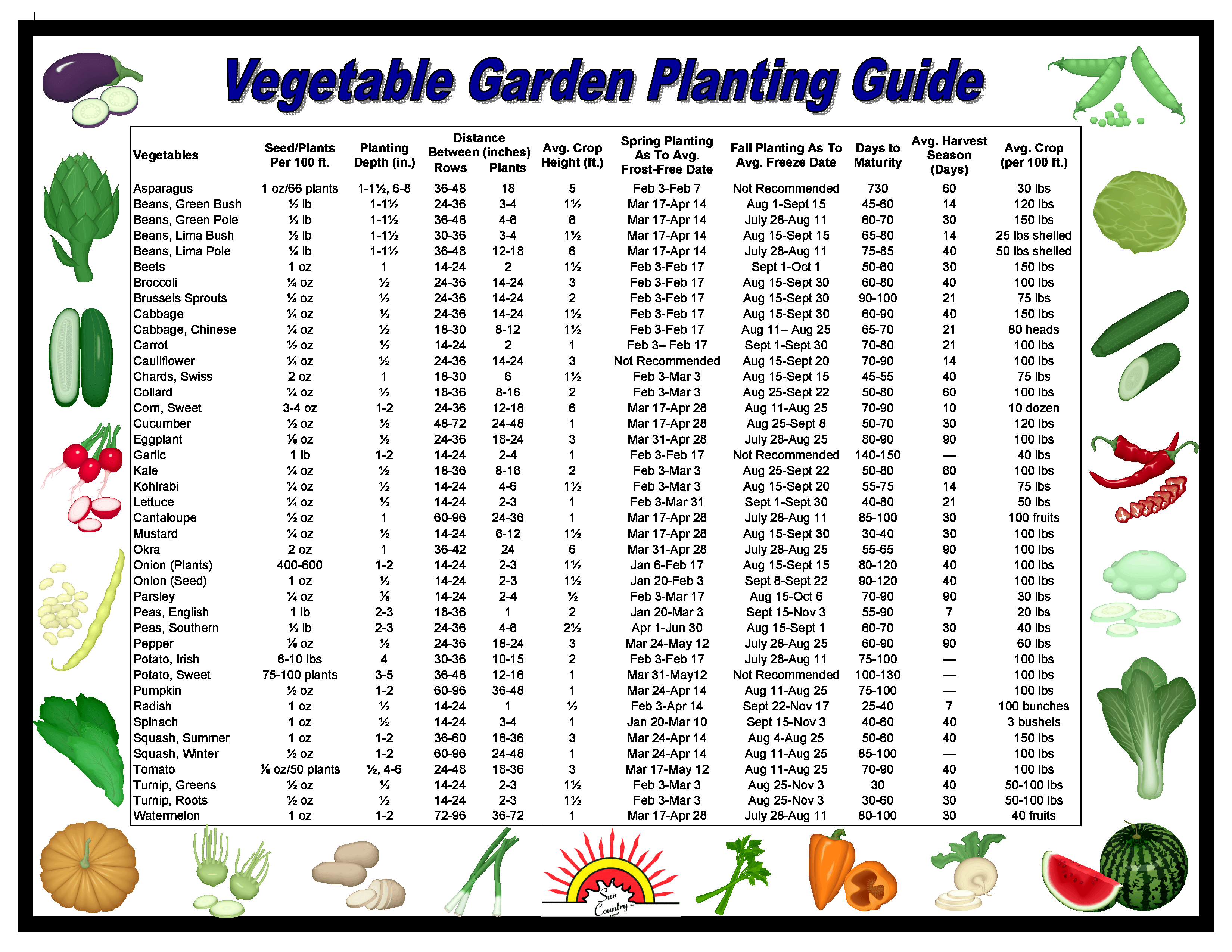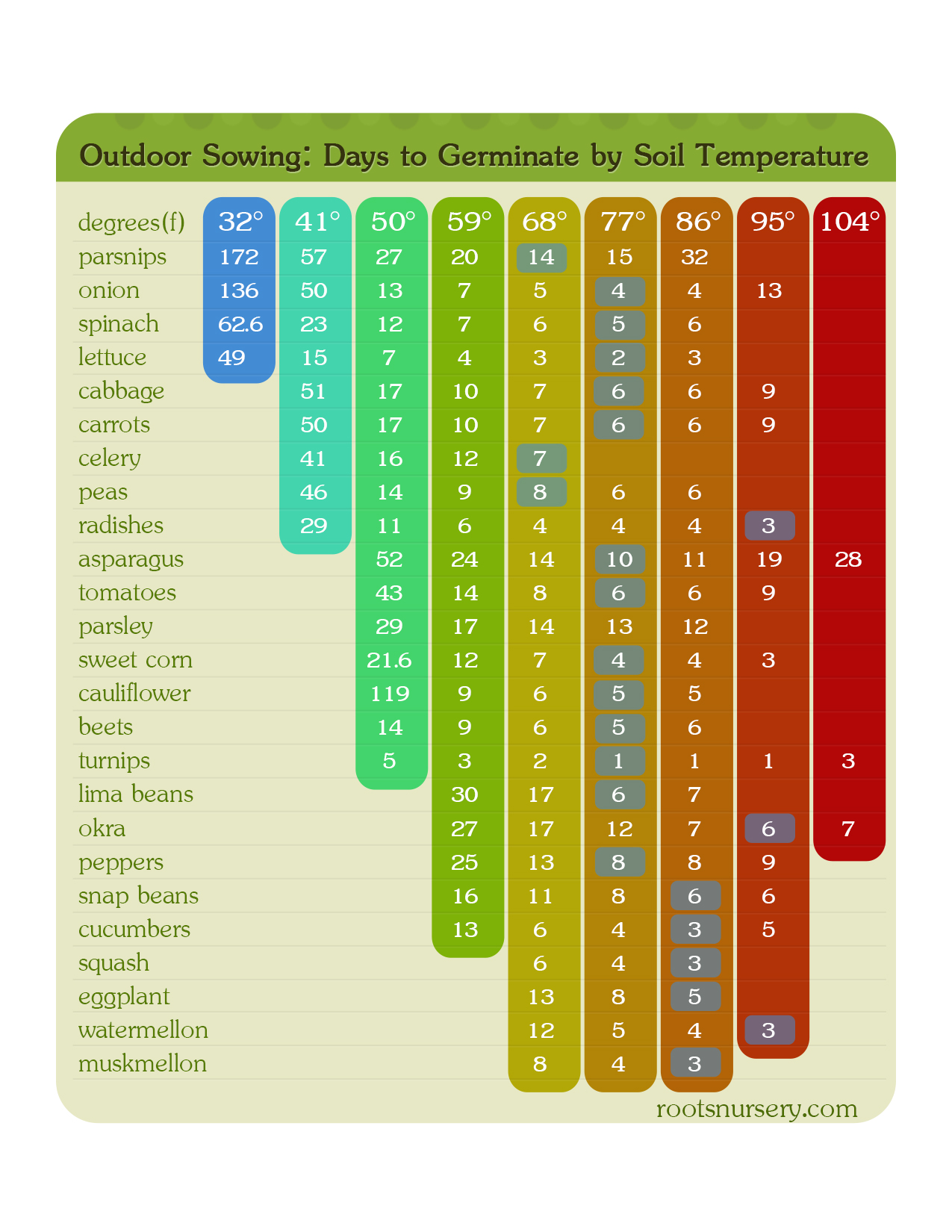Seed Starting: A Simple Guide to Growing Your Own Vegetables
Imagine biting into a sun-warmed tomato you nurtured from a tiny seed. The flavor explodes on your palate, a testament to the simple joy of growing your own food. Starting vegetables from seeds can be a rewarding experience, connecting you to the natural world and providing fresh, healthy produce. It's a journey of patience and observation, a dance between you and nature.
This guide will walk you through the process of seed starting, from selecting the right seeds to transplanting your seedlings into the garden. We'll explore the fundamental principles, offering a clear and concise path to cultivating your own vegetable patch. Whether you're a seasoned gardener or a complete beginner, you'll find valuable insights to help you succeed in growing vegetables from seed.
The practice of cultivating vegetables from seeds has ancient roots. For millennia, humans have saved and sown seeds, selecting for desirable traits and ensuring the continuation of their food supply. This intimate connection with the land has shaped our relationship with nature, providing sustenance and fostering a deep understanding of the cycles of life. From the earliest agricultural settlements to modern-day gardens, seed starting remains a cornerstone of food production.
Starting your own vegetables from seeds empowers you to choose varieties not readily available in stores, allowing you to experiment with unique flavors and textures. It’s also a cost-effective way to grow a bountiful garden, especially if you plan on cultivating a large number of plants. Seeds offer a vast array of possibilities, allowing you to explore heirloom varieties and discover new favorites.
However, there are challenges involved in starting vegetables from seeds. Some seeds can be slow to germinate, requiring specific conditions for successful sprouting. Seedlings are also vulnerable to pests and diseases, requiring careful monitoring and preventative measures. Understanding these potential pitfalls will equip you to navigate the process with greater confidence.
Seed starting involves sowing seeds in a controlled environment, typically indoors, to give them a head start before transplanting them outdoors. This allows you to extend the growing season and ensures stronger, healthier plants. A simple example is starting tomato seeds indoors in late winter, then transplanting the seedlings into the garden after the last frost.
There are several benefits to starting vegetables from seeds. First, it is more economical than purchasing seedlings. Second, it provides a wider selection of varieties. Third, it gives you control over the growing environment from the very beginning, leading to healthier and more resilient plants.
To successfully start seeds, you'll need a few basic supplies: seed starting mix, containers, a light source, and water. Fill your containers with the seed starting mix, sow the seeds at the recommended depth, and water gently. Place the containers under a grow light or in a sunny location. Keep the mix consistently moist but not waterlogged.
Checklist:
Seeds
Seed starting mix
Containers
Light source
Water
Labels
Step-by-step guide:
1. Fill containers with seed starting mix.
2. Sow seeds at the recommended depth.
3. Water gently.
4. Place containers under a light source.
5. Keep the mix consistently moist.
6. Transplant seedlings when they have developed a few true leaves.
Advantages and Disadvantages of Starting Seeds
| Advantages | Disadvantages |
|---|---|
| Cost-effective | Requires time and effort |
| Wider variety selection | Potential for seedling loss |
| Control over growing environment | Need for specialized equipment (e.g., grow lights) |
Best Practices:
1. Use high-quality seeds.
2. Provide adequate light.
3. Maintain consistent moisture.
4. Harden off seedlings before transplanting.
5. Monitor for pests and diseases.
Examples:
1. Starting tomatoes indoors for an early harvest.
2. Growing peppers from seed for a wider variety selection.
3. Cultivating herbs from seed for a continuous supply.
4. Starting lettuce indoors for a winter salad garden.
5. Growing cucumbers vertically from seed.
Challenges and Solutions:
1. Challenge: Seeds not germinating. Solution: Ensure proper temperature and moisture levels.
2. Challenge: Seedlings damping off. Solution: Improve air circulation and avoid overwatering.
3. Challenge: Leggy seedlings. Solution: Provide sufficient light.
4. Challenge: Pests and diseases. Solution: Implement preventative measures.
5. Challenge: Transplant shock. Solution: Harden off seedlings before transplanting.
FAQ:
1. How deep should I plant seeds? Answer: Follow the instructions on the seed packet.
2. When should I start seeds indoors? Answer: Depends on the plant and your last frost date.
3. What kind of light do seedlings need? Answer: A grow light or a sunny window.
4. How often should I water seedlings? Answer: Keep the soil consistently moist.
5. When should I transplant seedlings? Answer: When they have developed a few true leaves.
6. How do I harden off seedlings? Answer: Gradually introduce them to outdoor conditions.
7. What are some common pests and diseases of seedlings? Answer: Damping off, aphids, whiteflies.
8. Where can I find more information on seed starting? Answer: Your local extension office or online resources.
Tips and Tricks: Use bottom watering to avoid disturbing seeds. Label your containers clearly. Start with easy-to-grow seeds like lettuce or beans.
Cultivating a vegetable garden from seed is a deeply satisfying endeavor. It connects us to the origins of our food and fosters a sense of self-reliance. From the simple act of sowing a tiny seed to the bountiful harvest that follows, the process is filled with moments of quiet wonder and profound connection to nature. By understanding the basics of seed starting, you empower yourself to create a thriving garden, brimming with fresh, flavorful produce. So, gather your seeds, prepare your containers, and embark on this rewarding journey. The rewards are well worth the effort, as you savor the taste of success and the bounty of your own homegrown vegetables. Take the first step today and experience the joy of growing your own food. It's a gift to yourself, your family, and the planet.
Sweet dreams unveiling the artists behind the iconic song
The allure of the anime bad boy image
Mohawk correctional facility a look inside new yorks prison system














